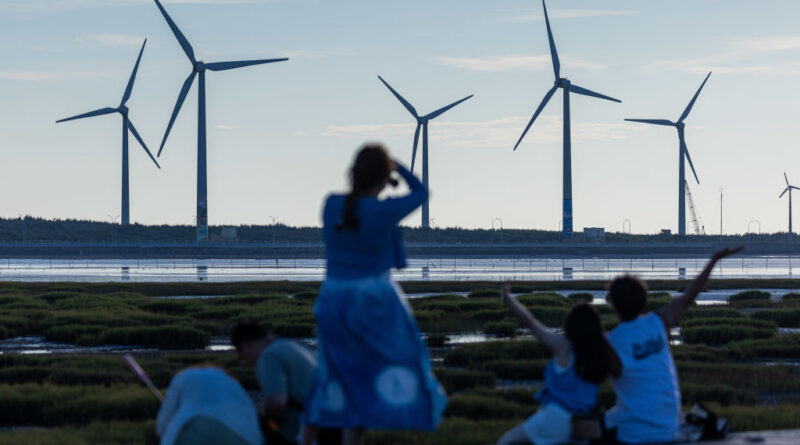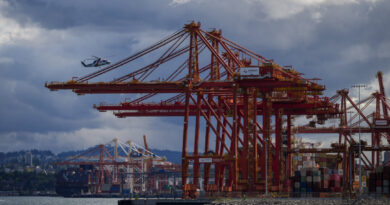Southeast Asia Moving Towards Becoming a Significant Energy Consumer, Shaping Clean Energy Transition
The demand for energy in southeast Asia is projected to surpass that of the EU, with the risk of CO2 emissions increasing even faster, according to a report.
Between now and 2035, southeast Asia is expected to contribute to a quarter of the world’s energy demand growth, second only to India and more than double the growth seen in the region since 2010.
By mid-century, energy demand in southeast Asia is predicted to exceed that of the European Union, leading to a 35 percent rise in energy-related carbon dioxide (CO2) emissions.
The International Energy Agency (IEA) report emphasizes that this rapid growth poses challenges for energy security and climate goals in the region.
The increasing use of air conditioning during heatwaves will drive up electricity consumption, with demand expected to grow by 4 percent annually.
In 2035, clean energy sources like wind, solar, bioenergy, and geothermal are projected to meet over a third of the growth, but this may not be enough to offset the increased CO2 emissions.
Fossil Fuel Reliance
To align with the goals set at the COP28 climate change conference, southeast Asia would need to halve current emissions by 2050, according to the report.
Eight out of the 10 member economies of the Association of Southeast Asian Nations (ASEAN) have net zero emissions targets, indicating a shift towards cleaner energy sources.
The IEA Executive Director Fatih Birol states that southeast Asia is dynamic economically and will contribute significantly to global energy demand in the coming years.
The region has a mix of energy sources, including renewables, but lacks the rapid expansion of clean energy technologies, leading to heavy reliance on fossil fuel imports.
Accelerating clean energy transitions has created thousands of jobs and the potential for expanding clean energy technology manufacturing and minerals processing, pointing towards a greener future for southeast Asia.
International cooperation through organizations like ASEAN will be crucial in advancing secure and clean energy transitions amidst escalating geopolitical tensions, according to the IEA.



